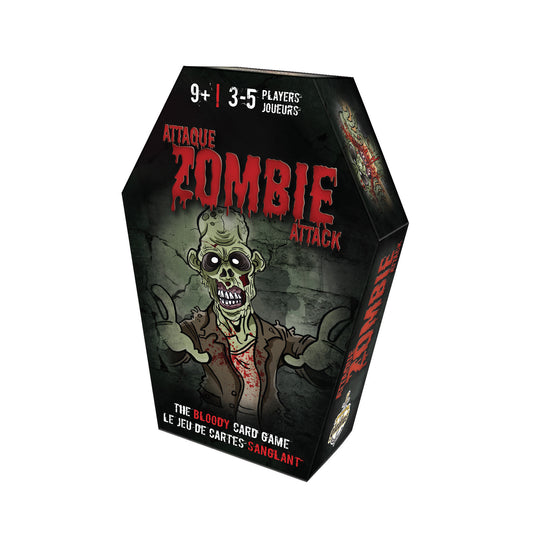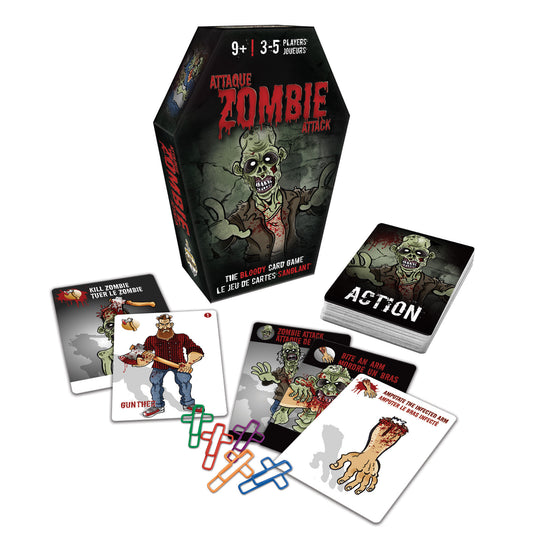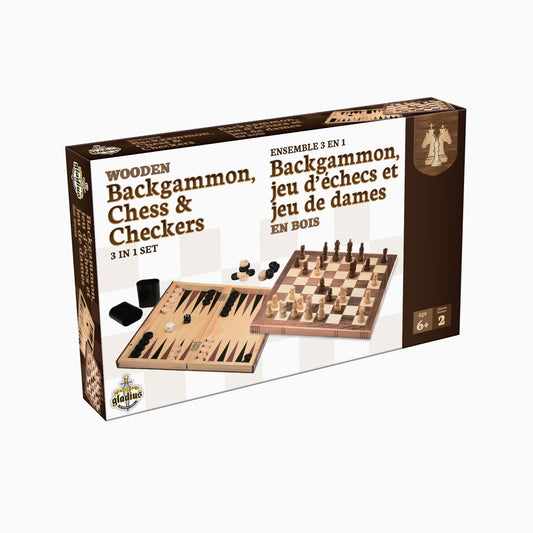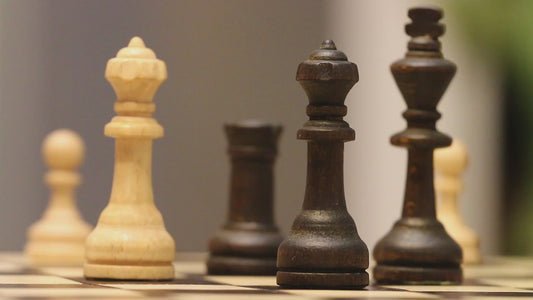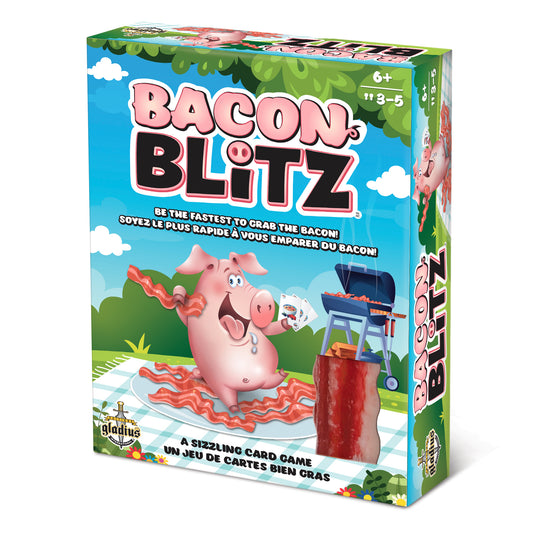
Memory
A little theory...
Memory plays a vital role in social, emotional and cognitive functioning. Memories form the basis of identity, guide thoughts and decisions, influence emotional responses and enable learning.
There are several ways of dividing the concept of memory. We distinguish between short-term memory (STM) and long-term memory (LTM). Short-term memory, also known as working memory, enables us to mentally retain certain data for a few seconds. It is essential for learning, as it acts as a kind of executive center, processing data and storing it in long-term memory. As a result, long-term memory enables knowledge to be built up. Long-term memory also enables us to recall events throughout our lives.
How to stimulate development through play?
To develop your child's working memory, you need to insist on observation. Before starting a game, take the time to familiarize yourself with each card, each board and even the scenery. Ask your child if he or she remembers the last game played. Together, recall the funny events of the past. In the memory game, describe aloud the position of the turned-over card. "The first baby lion card is next to you". Minimize the amount of information to be remembered at once. Ask the child which pair, character or image to focus on. During a game, ask the child if he or she remembers a past event in which, for example, he or she came across a dog, saw a grandpa, watched the TV show Toc Toc Toc, etc. In this way, you'll get the child to think about what he or she remembers. In this way, you get the child to refer to his long-term memory to better engage in the game.
To find out more
Soprano, M. (2009). La mémoire de l’enfant; développement normal et pathologique, France : Elsevier-Masson. http://www.mamanpourlavie.com/vie-scolaire/apprentissages/4038-developper-la-memoire-des-enfants.thtml

